Managing Debt: 10 Tips or Advice on Dealing With Debt
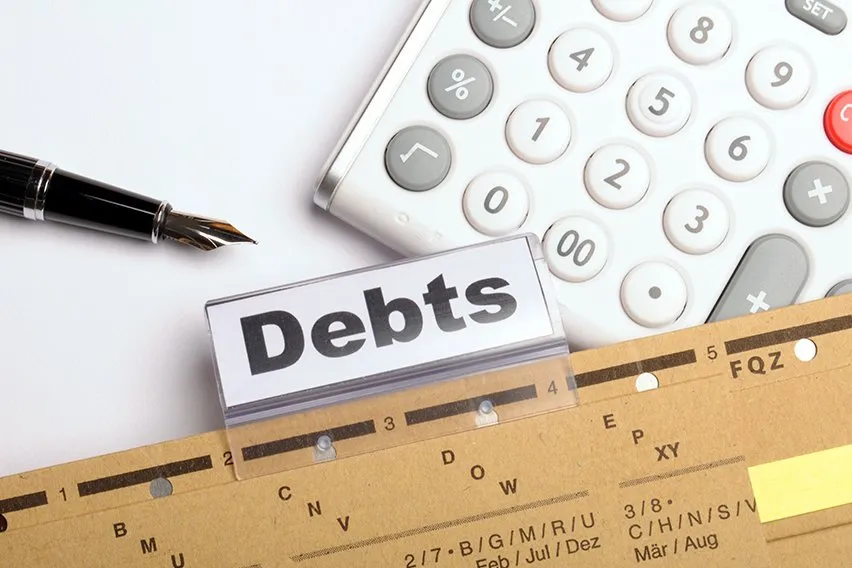
In the business world, having debt is a common occurrence.
Of course, most businesses would prefer to not have to deal with debt but that is a mostly unrealistic scenario.
But remember, there is such a thing as good debt. In fact, debt can help you achieve a lot of your business goals. Whether that’s starting capital to get your business running, or taking on debt to enable you to expand.
However, too much of the wrong kind of debt, such as high interest debt, can affect your ability to pursue other goals. It can even lead to the collapse of your business. Having a large amount of debt can be anxiety inducing, but luckily there are ways to deal with debt.
That’s where debt management comes into play.
So how exactly can you deal with and manage your debt? We’ll take you through the 10 best tips and tricks on dealing with debt and avoiding the wrong kind of debt.
Here’s What We’ll Cover:
What Is Debt Management?
Debt management is an umbrella term that encompasses everything you do to reduce the balances on your accounts. This includes loans and other forms of debt.
It can include anything from negotiations with your creditors, all the way to creating a daily business budget. Essentially, debt management is anything that you put in place to reduce, reorganise or eliminate your existing debt.
Debt management can be put into action by anyone with authority to do so. So this could be you as the business owner, your business partner or the business itself with the help of an advisor. You can also take steps to bring a credit counsellor onboard and put a debt management plan in place.

10 Tips on Dealing With Debt
There are a number of ways that you can go about dealing with your debt. Some are small tweaks in your daily routine, whilst others are larger and broader changes to the way that you handle your business.
Here are the 10 best tips and tricks on how to deal with your debt:
1. Know How Much You Owe
Before you start to take steps towards paying your debt off, it’s vital that you have a clear and exact understanding of just how much debt you have.
You should start by making a list of your debts. This would include:
- Your total amount of debt
- The different creditors you owe
- Monthly payments
- Interest rates
- Due dates
By having all of this information in front of you, you can clearly see the bigger picture and stay aware of your debt obligations. Using accounting software can make this process far easier. It keeps everything digitised, organised and easy to act on.
Once your list is made, it should be regularly referred to and updated. As you pay your bills or get new ones, update your list as you will always want a clear idea of your debts.
2. Pay Your Bills as They Come In
This is a tip that is easier said than done. But when possible you should always try and pay your bills as soon as they come in.
This is because the later you make payments, the harder it can be to pay off the debt. This would be due to late fees or interest on your debts for every payment you miss.
For example, if you miss two payments in a row most creditors will increase your interest rate and finance charges.
To help you remember to pay your bills, try using a digitised calendar on your mobile device or your work computer. Set alarms for several days before a payment is due, then another alarm the day before.
3. Make the Minimum Payment
Many bills and debts will have minimum payment options. These are small payments towards larger bills that help to avoid late fees. It doesn’t make any large progress towards paying off your debt. But avoiding the various fees that can come with debts is a small step towards saving money.
Missed payments and late fees make debts far harder to catch up with as it only grows the amount owed.
4. Prioritise Your Important Debts
When you have a number of different debts, it can be difficult to figure out which ones to pay off first.
The best course of action is to prioritise the debts with the highest interest rates. This is because the high interest debts will cost the most money the longer they are unpaid.
You can use your debt list to rank and prioritise your debts in the order that you want to pay them off. Alternatively, you could choose to pay off the debt with the lowest balance first and make your way up.
This method may end up costing you more money, but eliminating debts can help to build confidence.
5. Only Pay What You Can Afford
A common mistake when paying debts is to pay off more than you can afford. This can then lead to you creating more debt to help with everyday costs.
When you are focusing on paying off debts, don’t sacrifice your positive accounts for those that have already negatively affected your credit. Instead, make smaller and more manageable payments that are sustainable.
It may take longer and cost more to pay off the whole debt, but there is a much lower chance of plunging yourself further into debt.
6. Preempt Debt With an Emergency Fund
This tip is for when you have either just paid off debts, or for when you are looking to start a business and want to be fully prepared.
Many businesses end up going into debt when they are faced with an emergency or unexpected expense. When you don’t have the capital prepared for these expenses, sometimes there is no other choice but to take out a loan.
To counter this, whenever you have spare income, put a portion of it aside as an emergency backup fund. Even a small emergency fund will be of great help when you have to cover an unexpected expense.
Start small and try to build up to £1,000. But over time you’ll want to build up enough to cover for all sorts of potential emergencies.
7. Consider Your Debt Options
There are a number of ways to take out a loan or a line of credit. There are also a number of companies that can provide you with a business loan.
Make sure that you do not act rashly when faced with the need to take a loan. Some lenders will offer you unfavourable rates or loans that aren’t sustainable for your business.
It’s important to do your due diligence and your research before taking out a loan. That way, you can find a loan that works for you and your business.
8. Check Your Credit Report
When you have debt, it’s important to regularly check your credit report.
It is a relatively common occurrence that a business will forget about a certain debt. If left unchecked, this debt can rack up a large amount of late fees and negatively affect your credit rating.
By regularly checking your credit report, you can go some way towards helping you to ensure that you haven’t forgotten about an outstanding debt.

9. Consolidate Your Debt Where Possible
If you have multiple high-interest loans, it may be possible to consolidate them all into one singular loan with a lower interest rate.
Debt consolidation is the process of rolling your debts into a product that can offer a single payment process with a lower rate of interest. This can be through personal loans, and even 0% interest balance transfer credit cards.
This way, you can only have one loan to focus on and you will be able to pay fewer fees.
10. Reduce Business Costs
If you find that you are struggling with your business debt, it may be time to take an honest look at what you’re spending each month.
Try and pinpoint unnecessary expenses that can either be cut back on or eliminated.
By reducing the amount you spend, you’re opening up more capital to put towards your debt repayments.
Key Takeaways
Having large amounts of debt can be a daunting experience.
But if you’re looking for a way to manage your debt, then you’ve already taken the first step towards dealing with the issue.
It’s still important to remember that debt isn’t necessarily a bad thing that should be avoided. Instead, make sure that you take out loans that you can afford to pay back and are sustainable for you and your business.
Are you looking for more business advice on everything from starting a new business to new business practices?
Then check out the FreshBooks Resource Hub.
RELATED ARTICLES

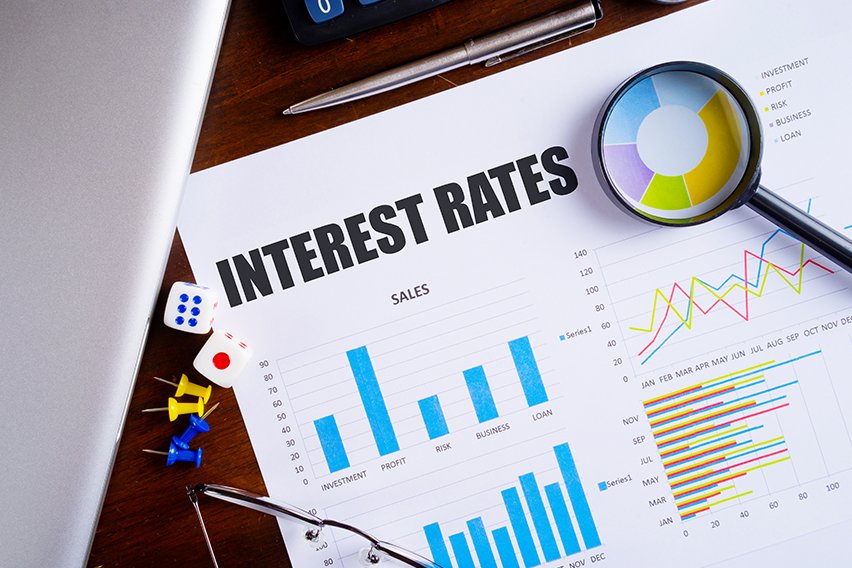 What Is Interest Coverage Ratio? Definition & Calculation
What Is Interest Coverage Ratio? Definition & Calculation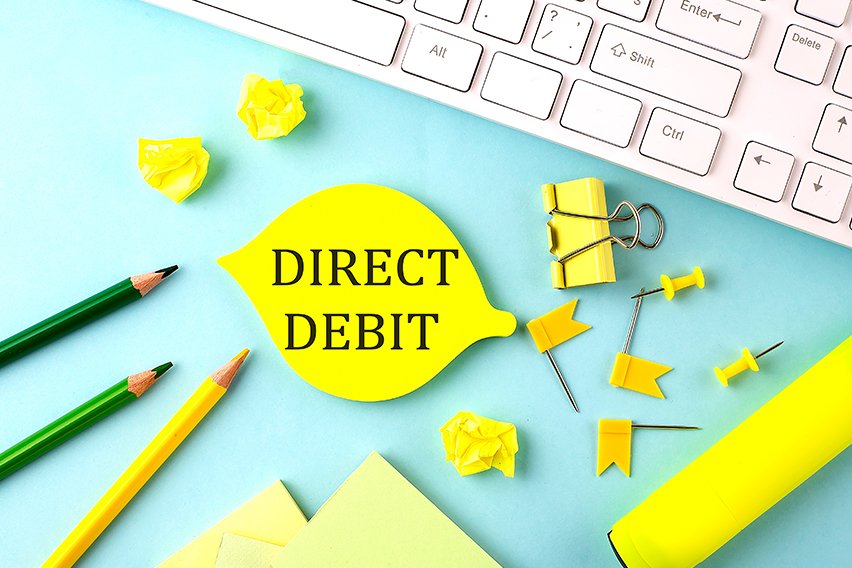 What Is Direct Debit & How Does It Work? A Guide
What Is Direct Debit & How Does It Work? A Guide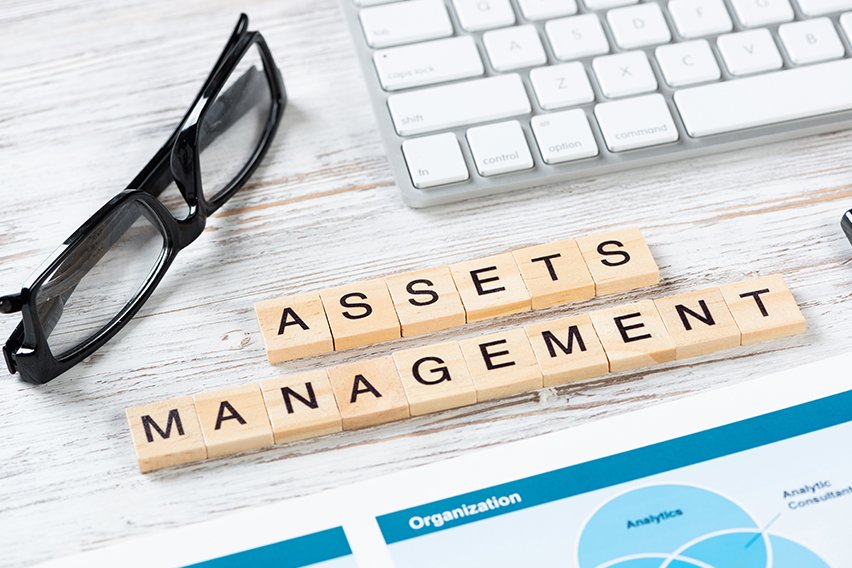 What Is a Capital Asset? The Ultimate Guide
What Is a Capital Asset? The Ultimate Guide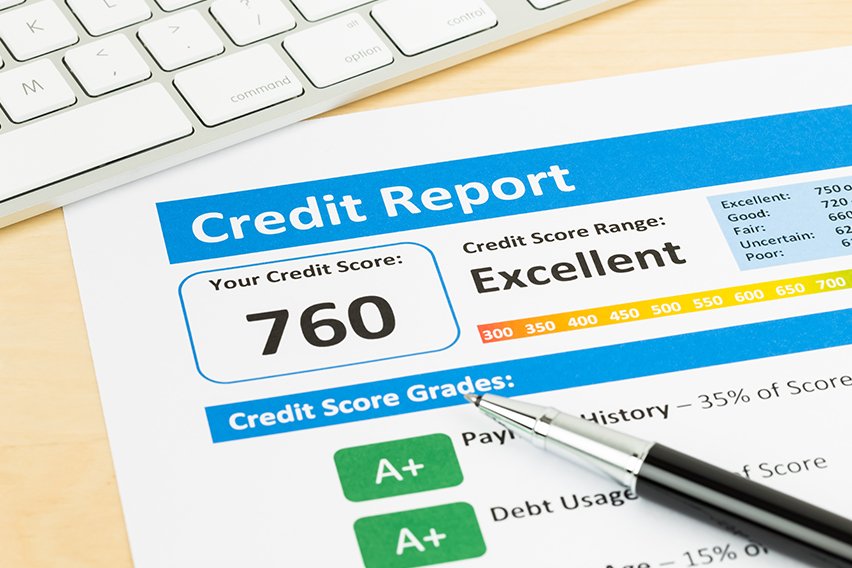 What Is a Default Account & How It Impacts Your Credit Profile
What Is a Default Account & How It Impacts Your Credit Profile How to Improve Cash Flow in Your Business: 11 Ways
How to Improve Cash Flow in Your Business: 11 Ways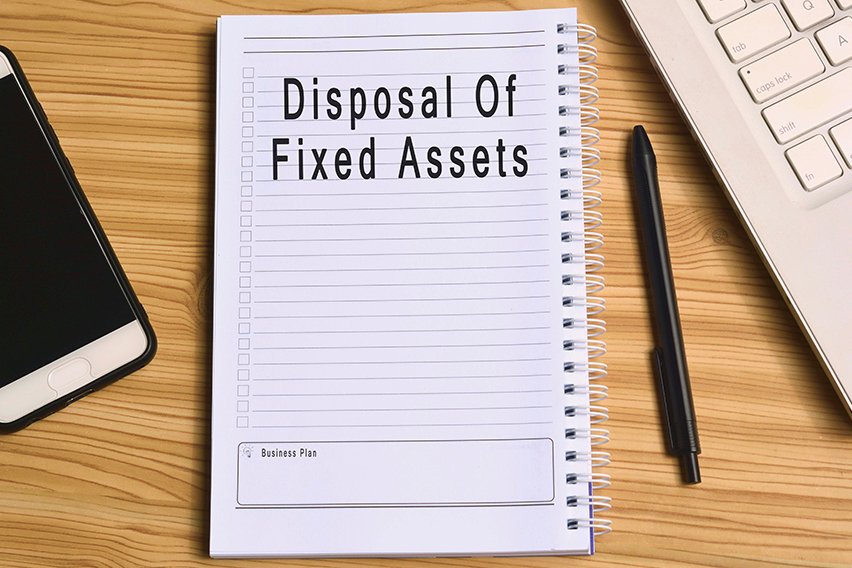 What Is Disposal of Assets? Definition & Explanation
What Is Disposal of Assets? Definition & Explanation